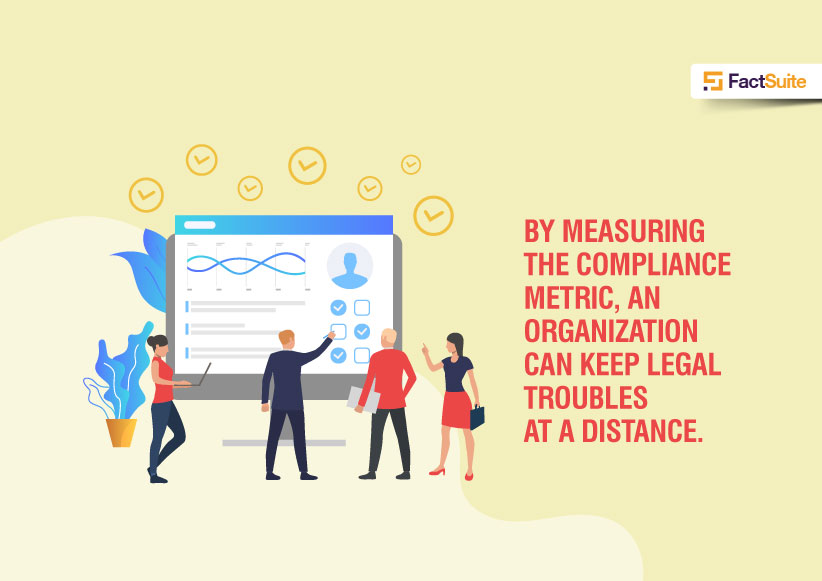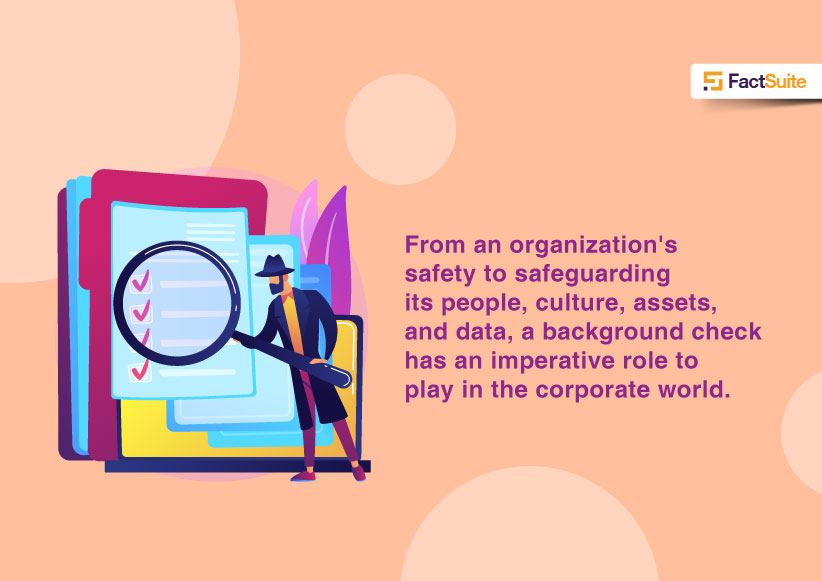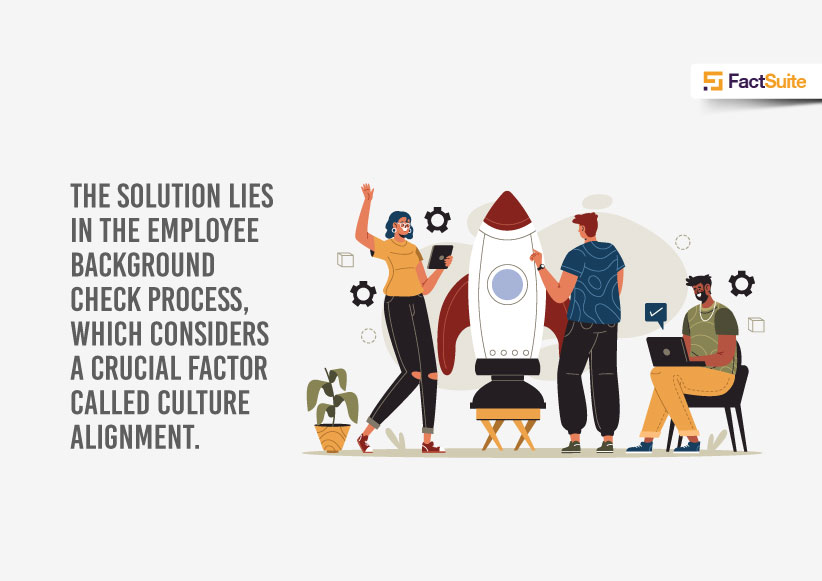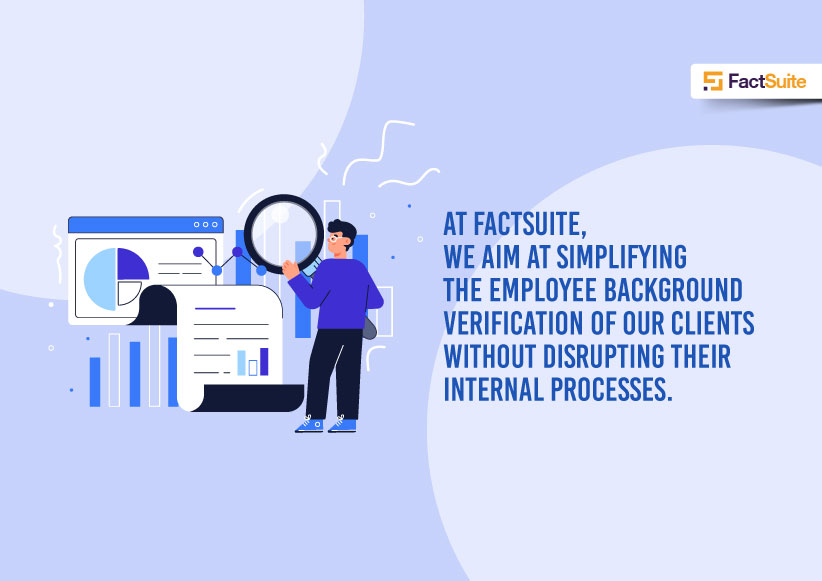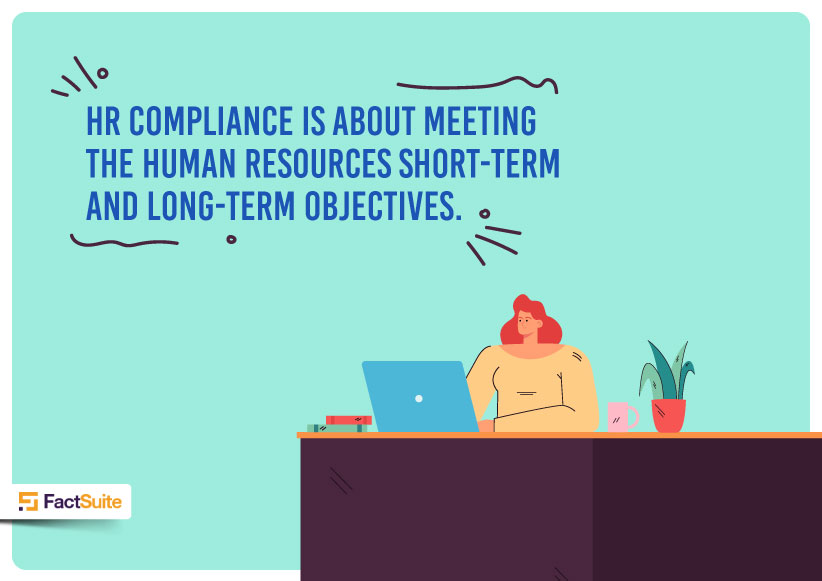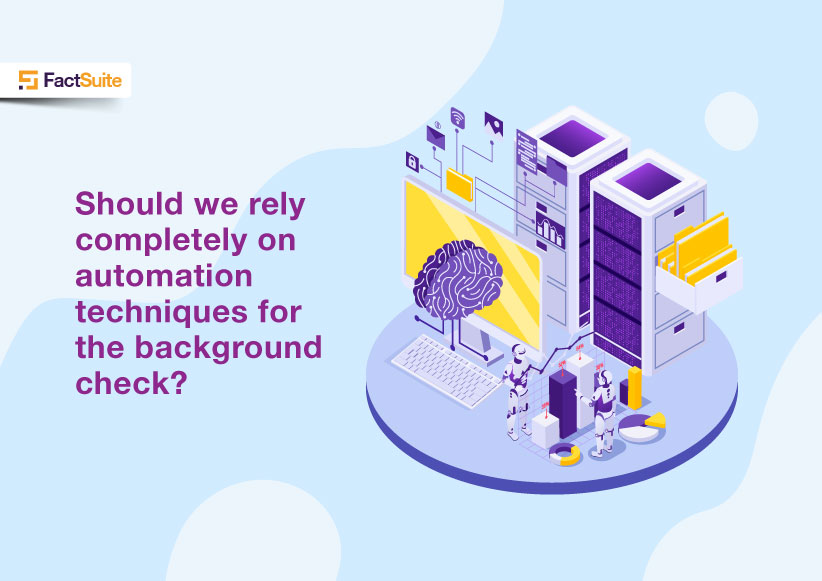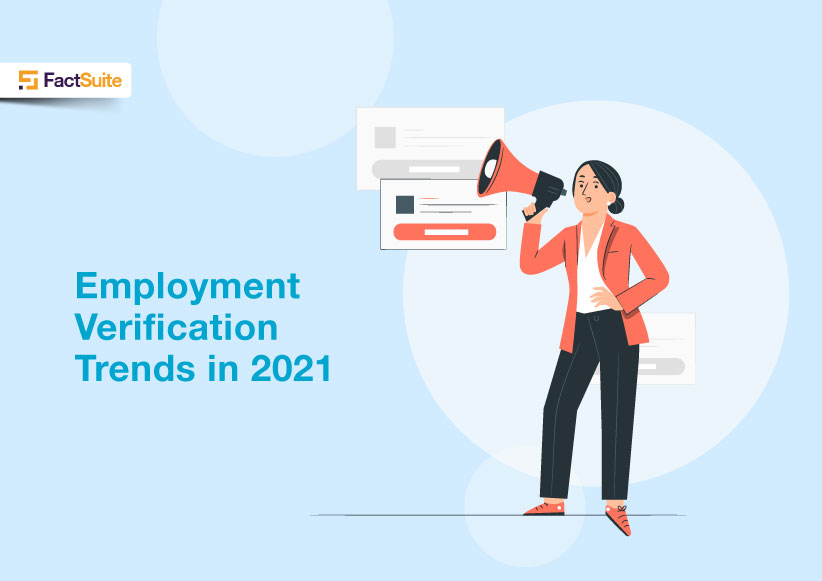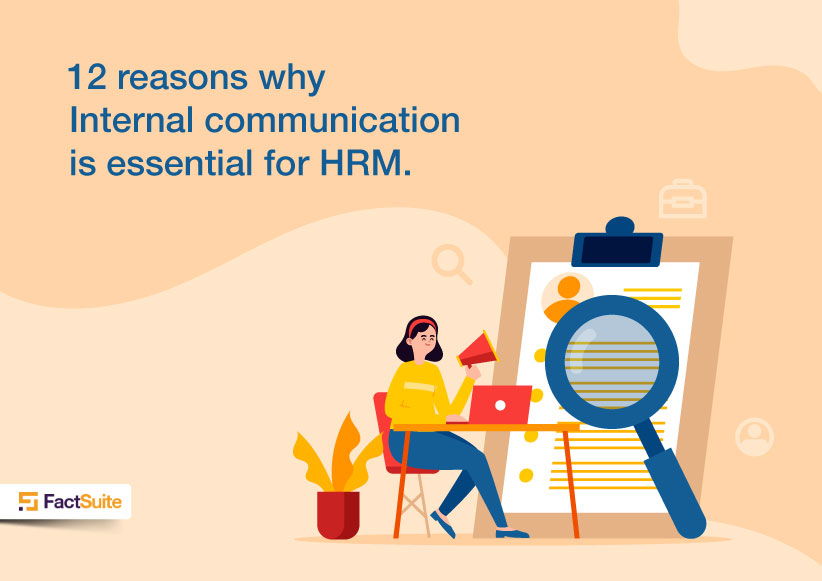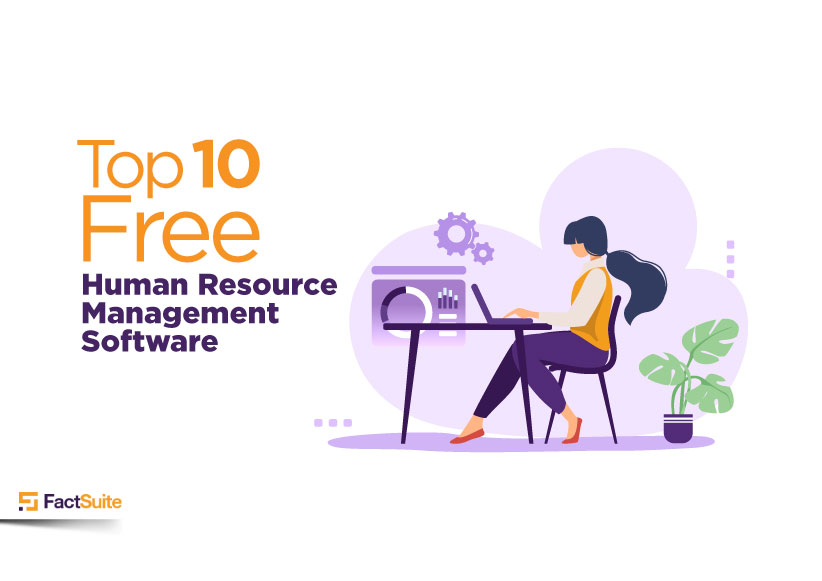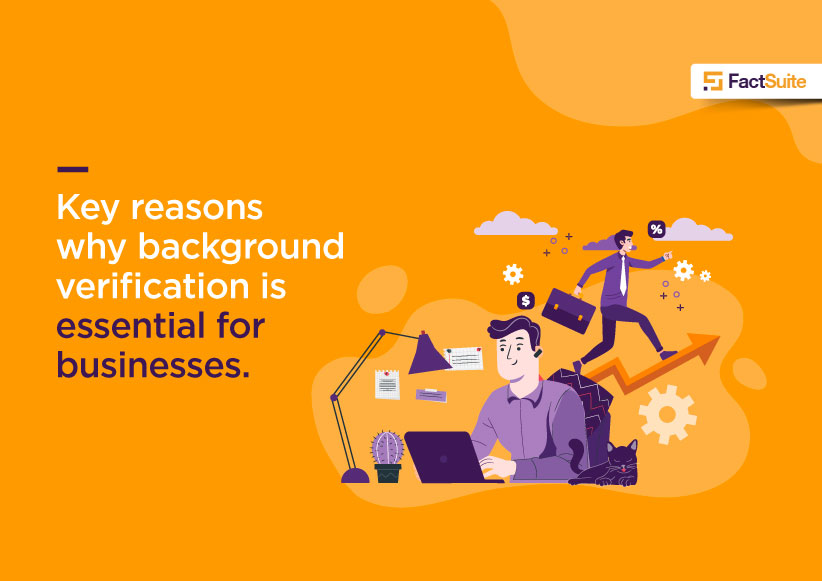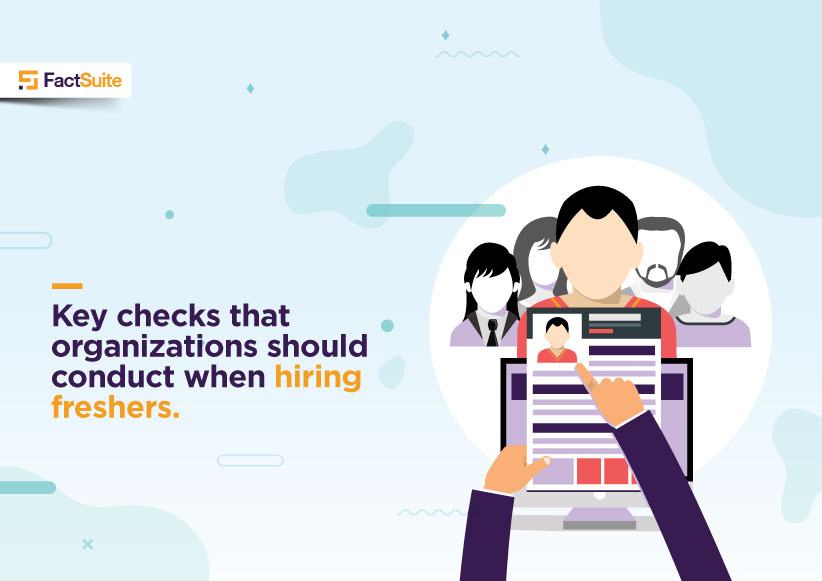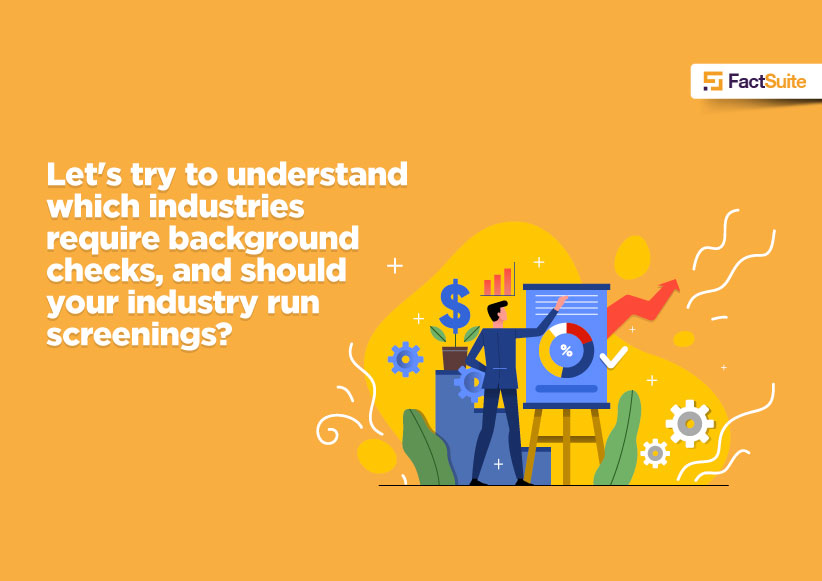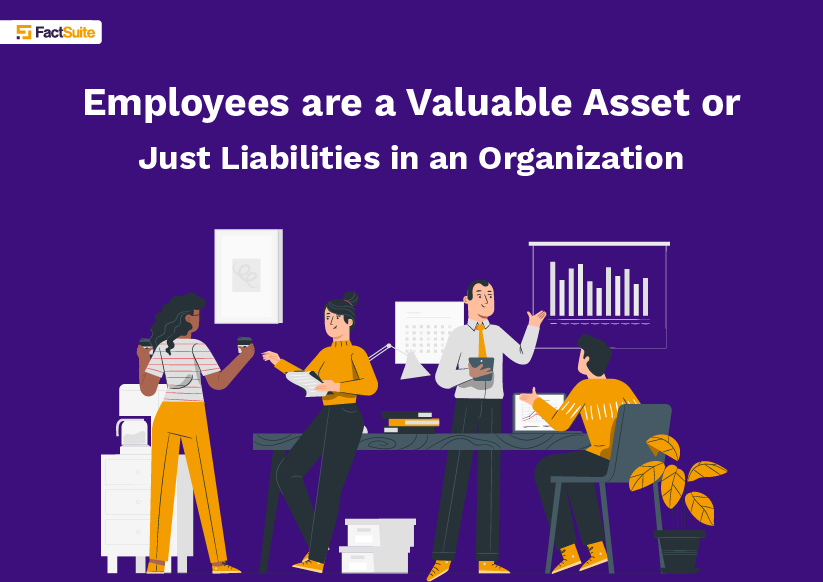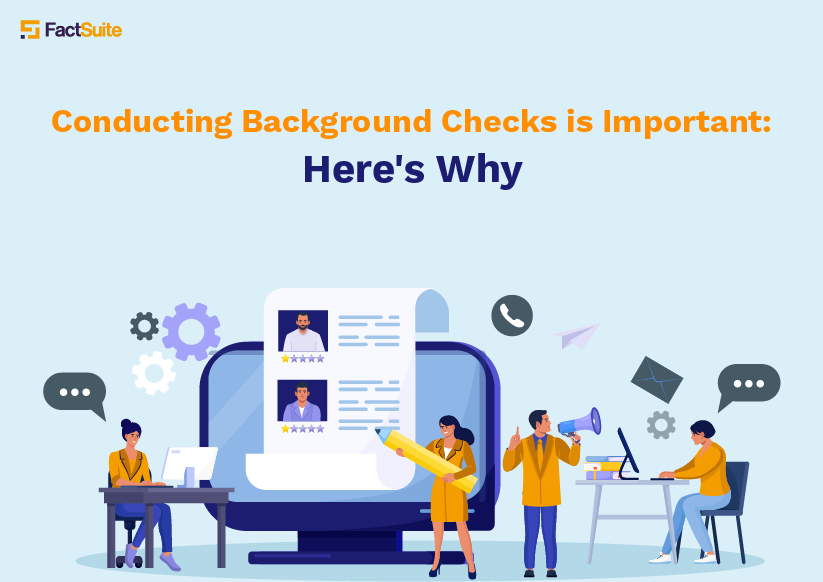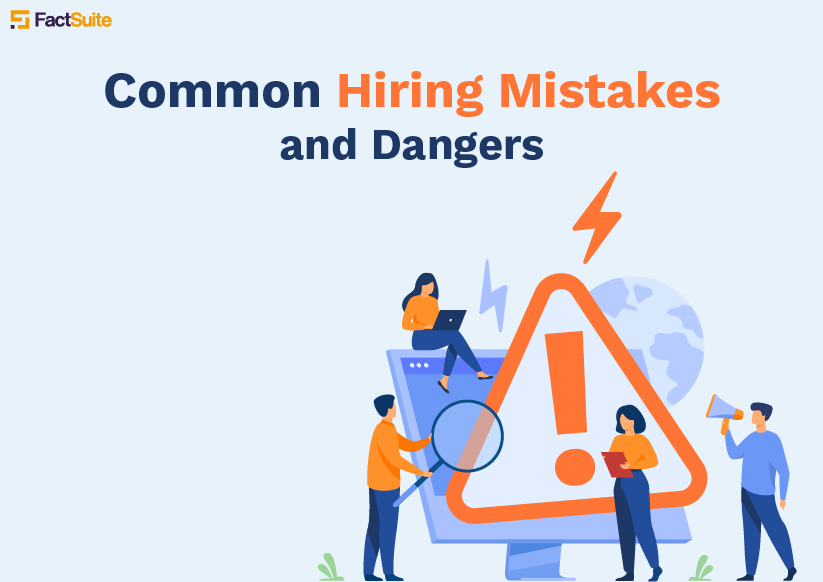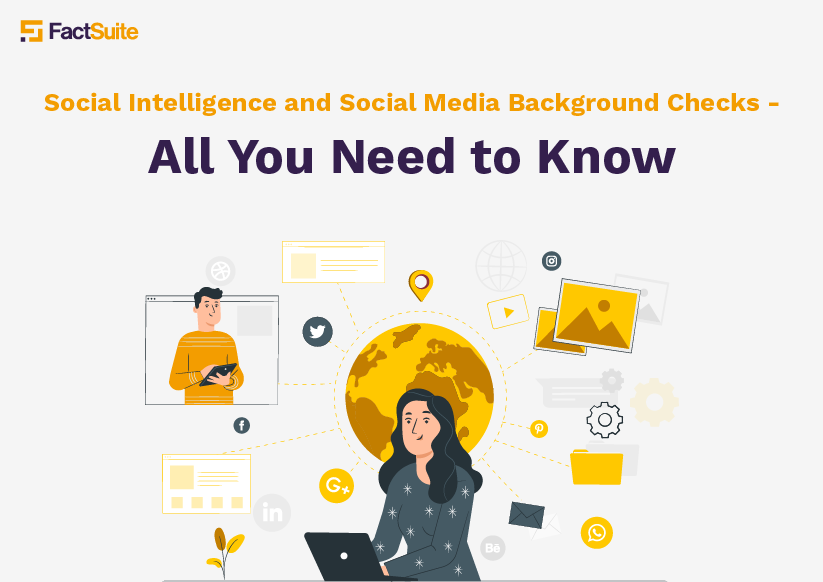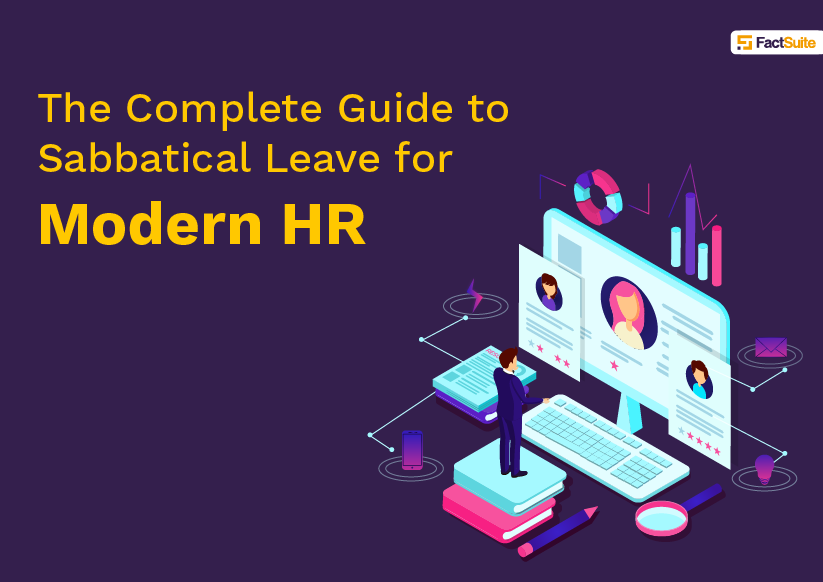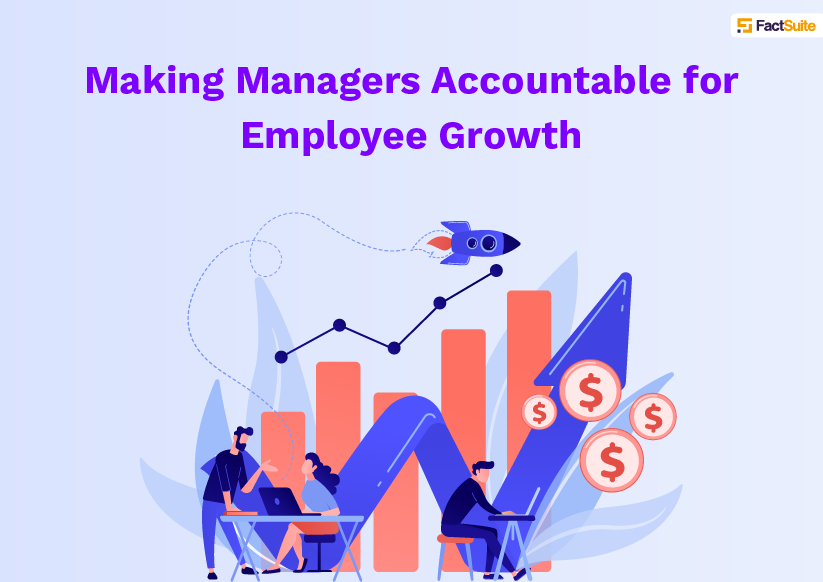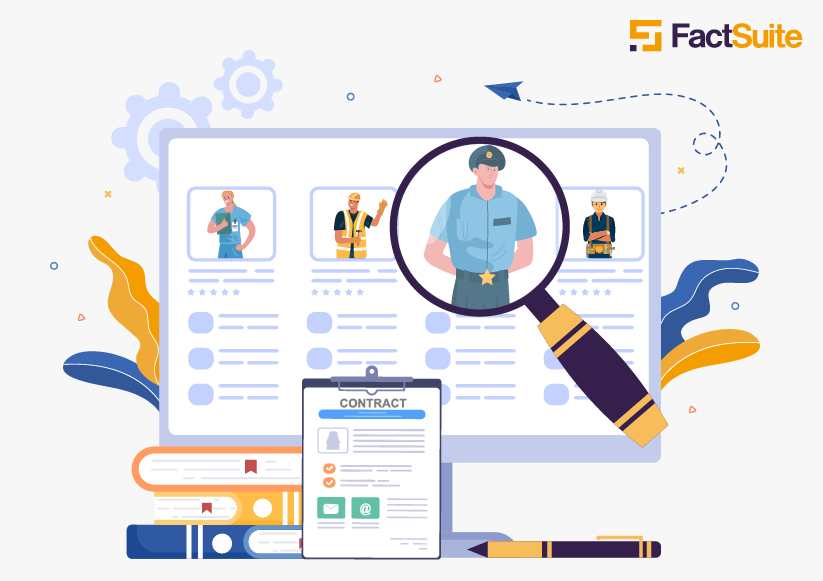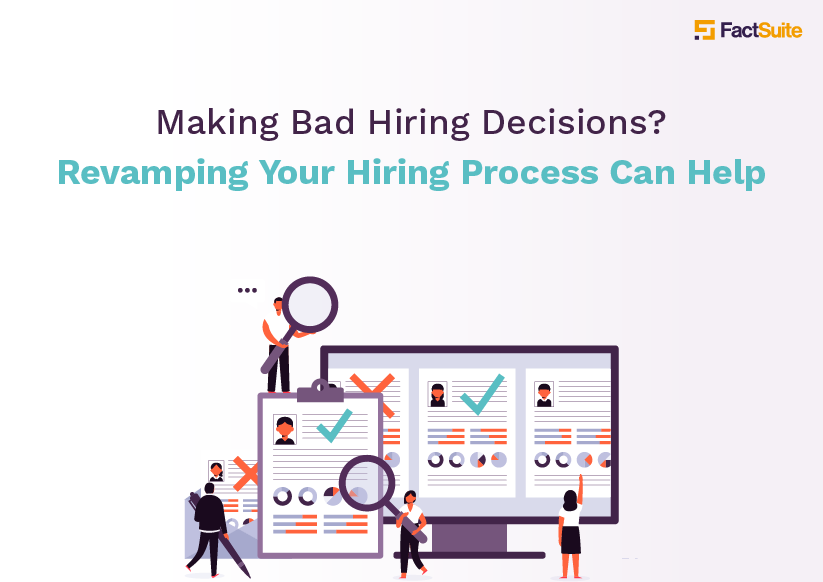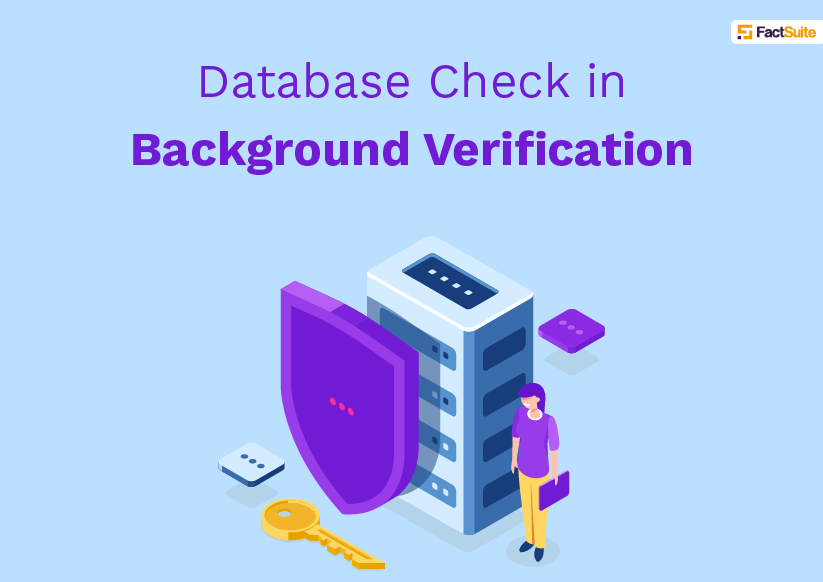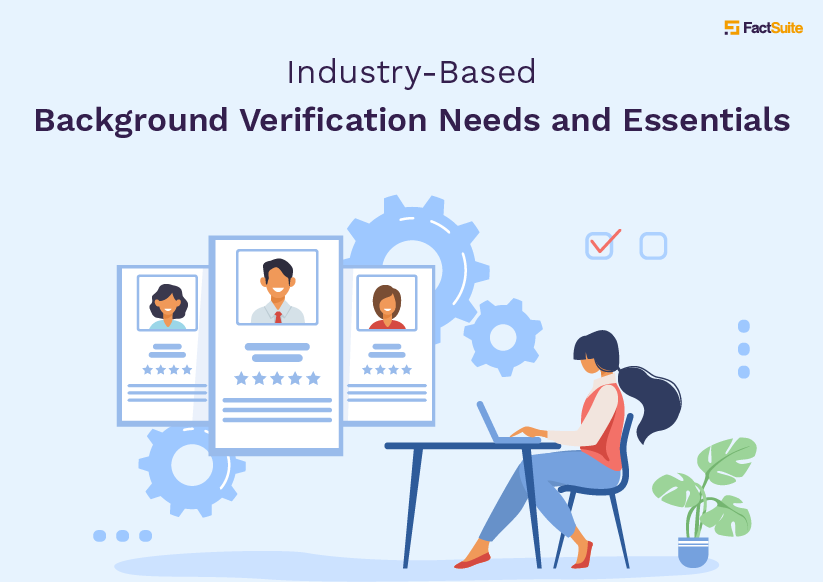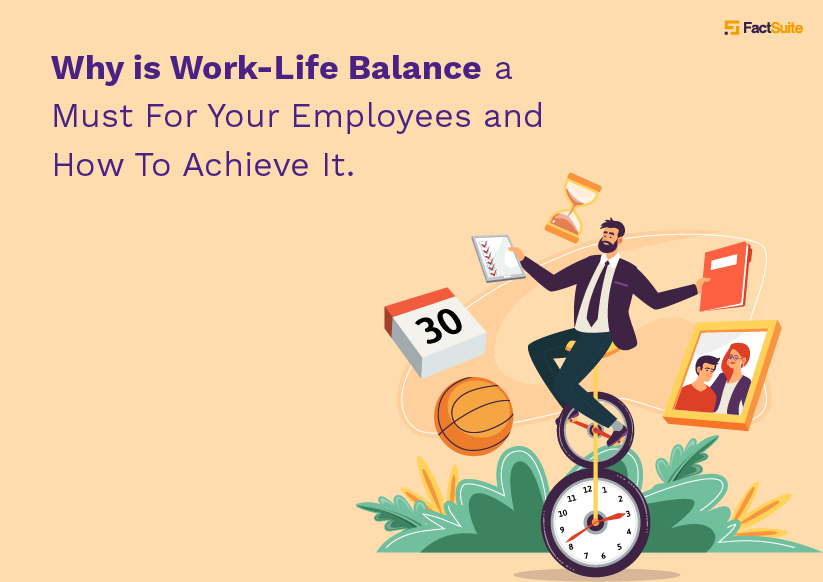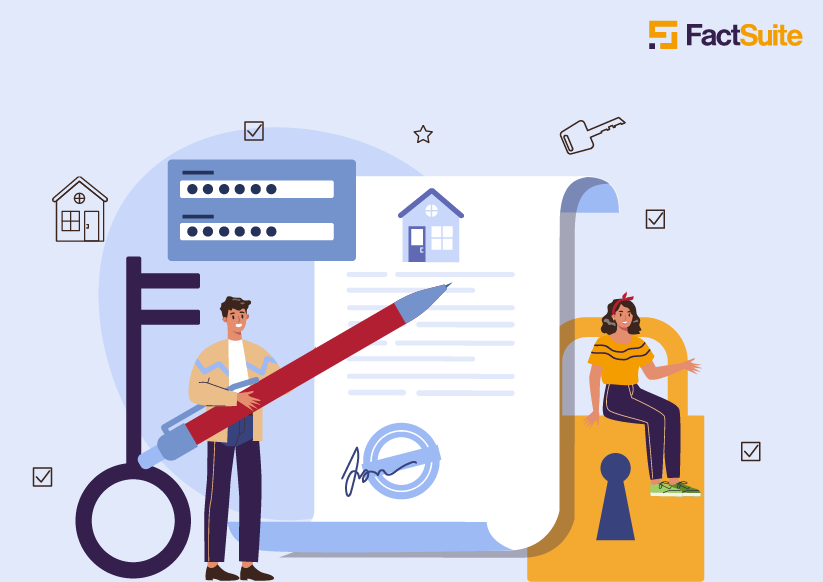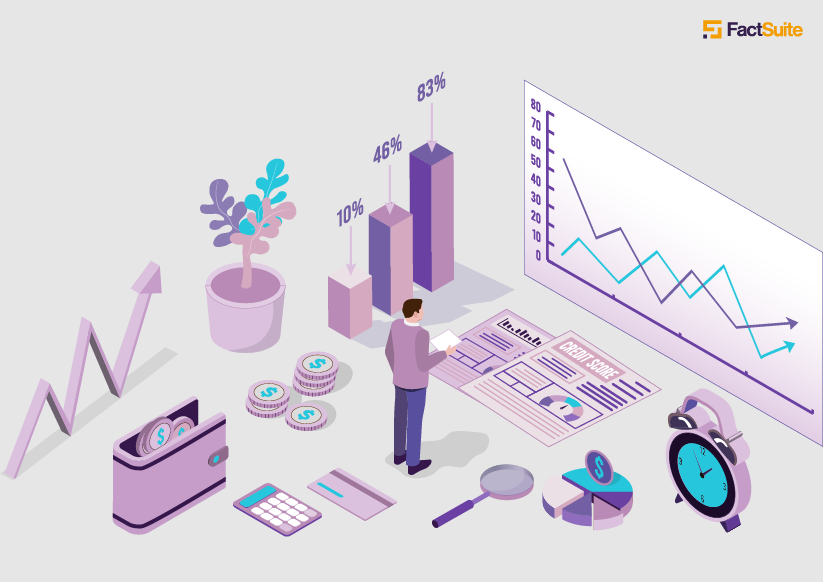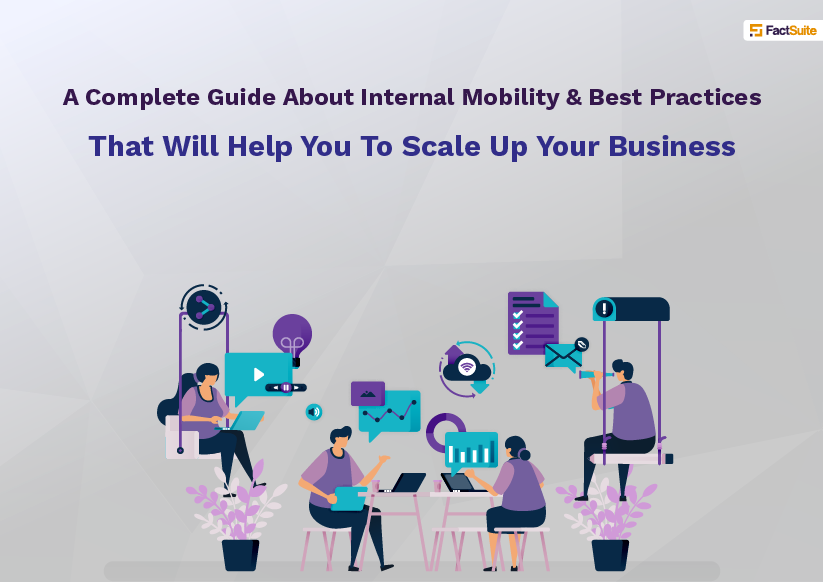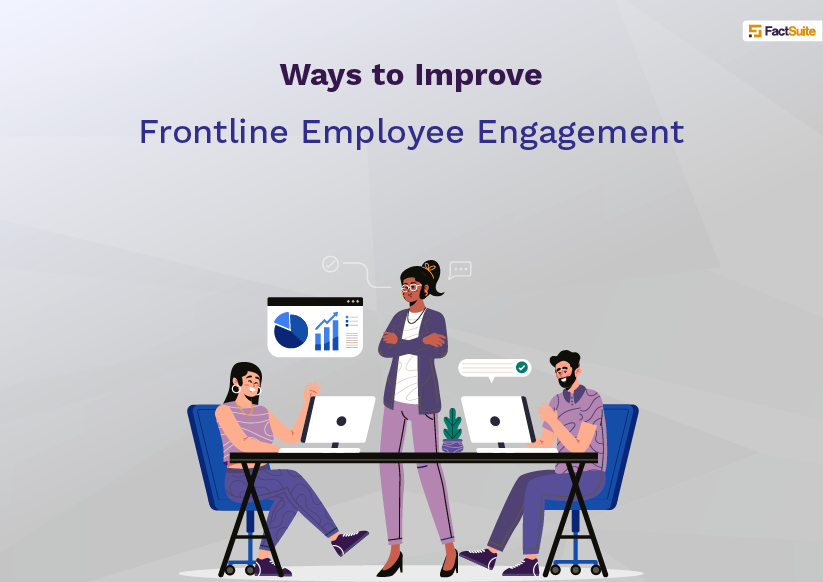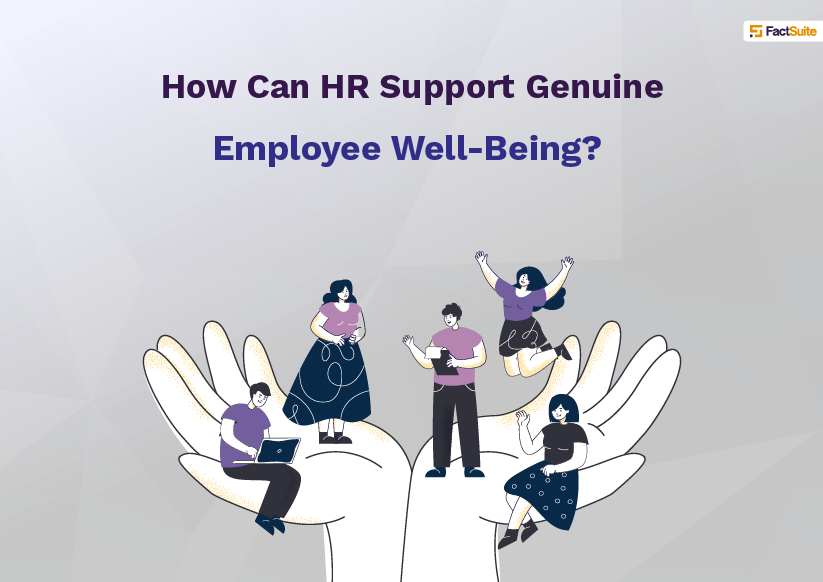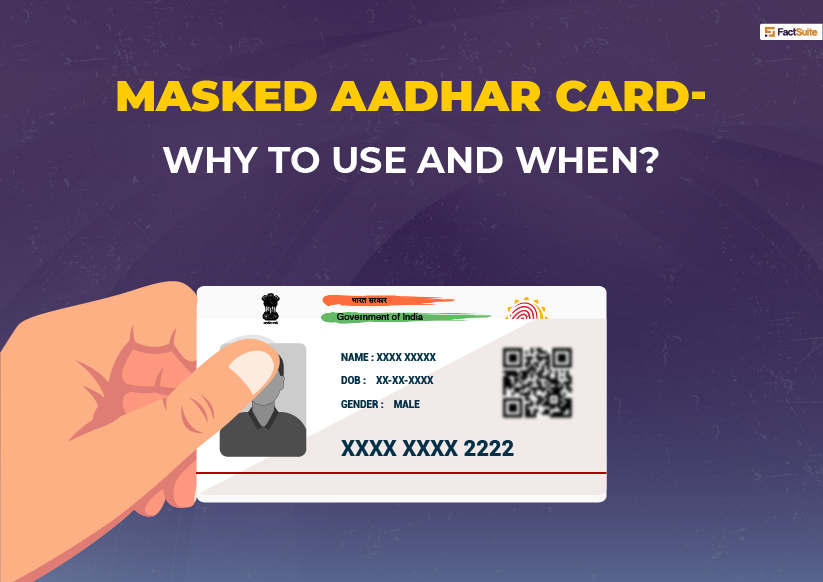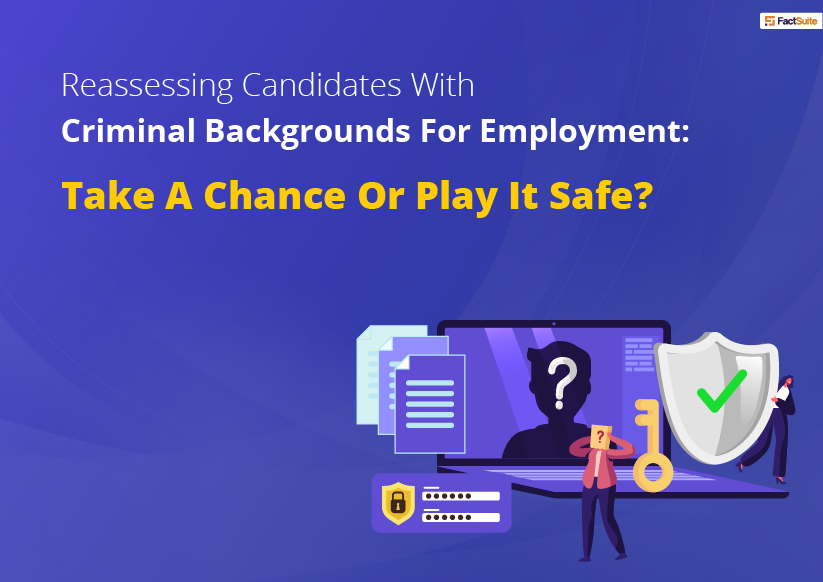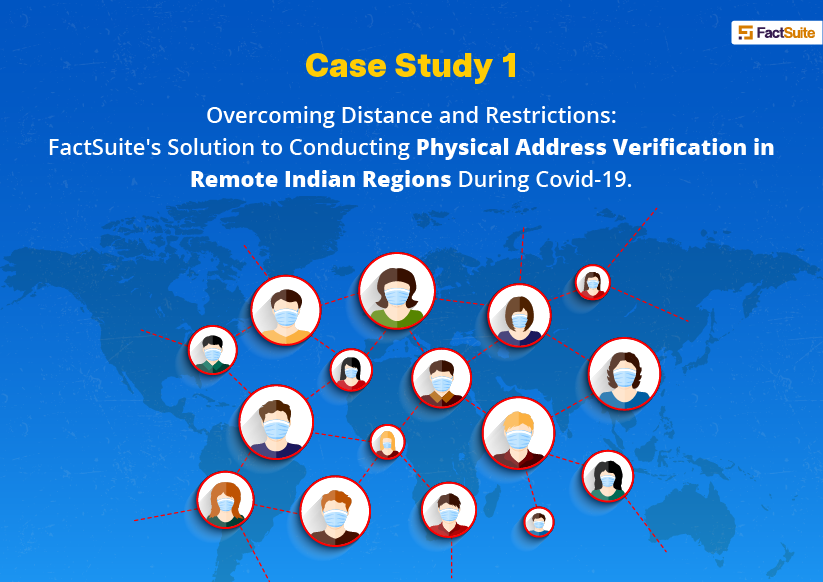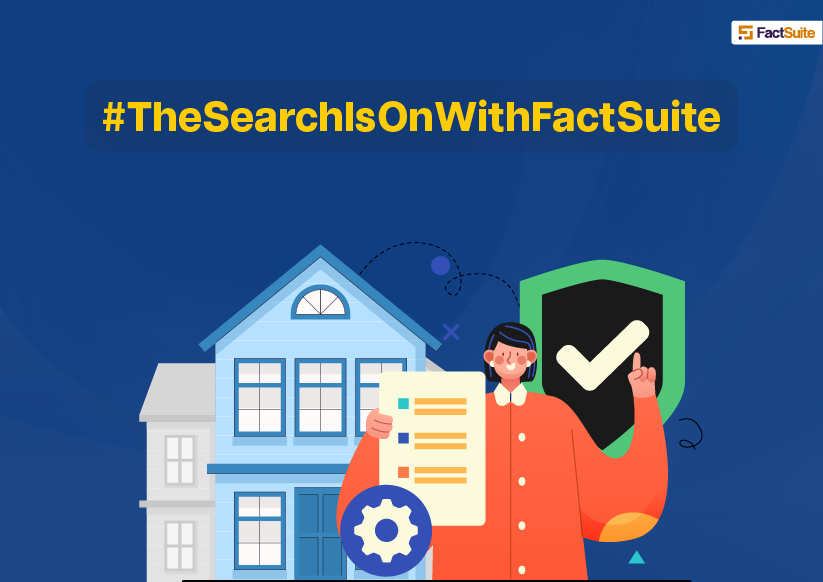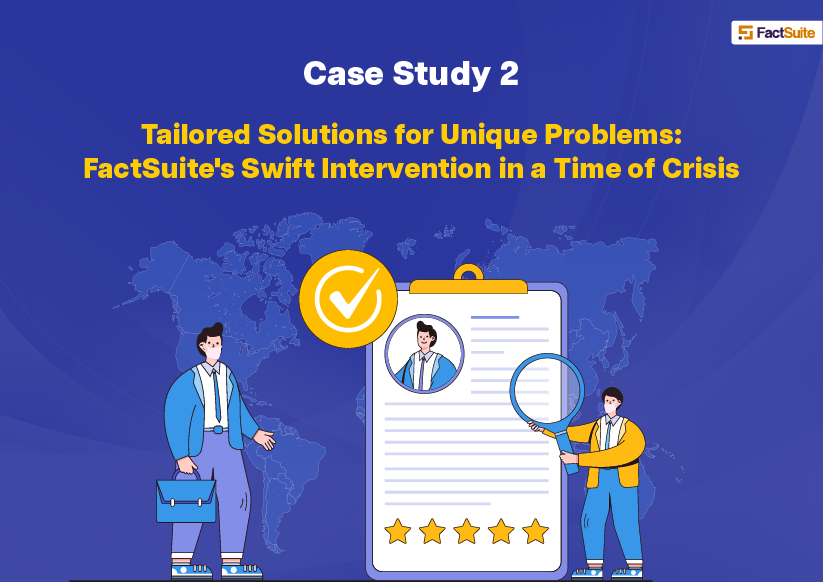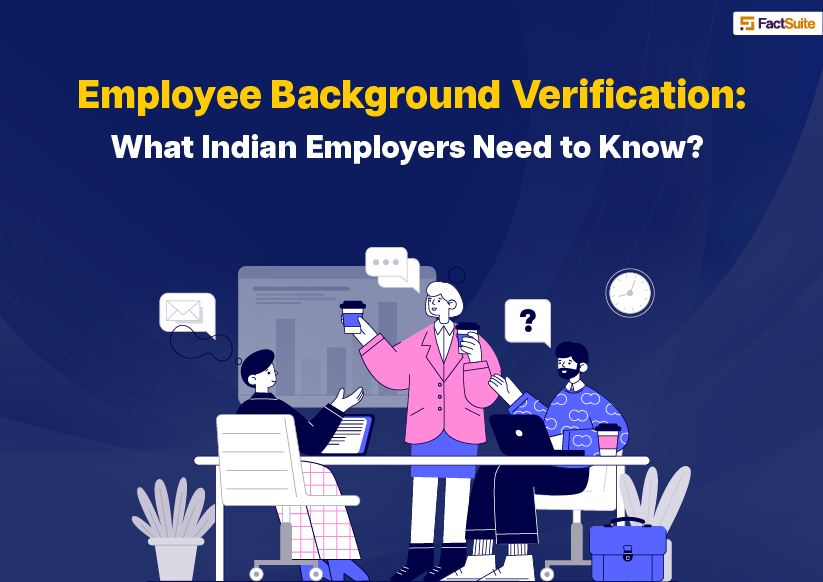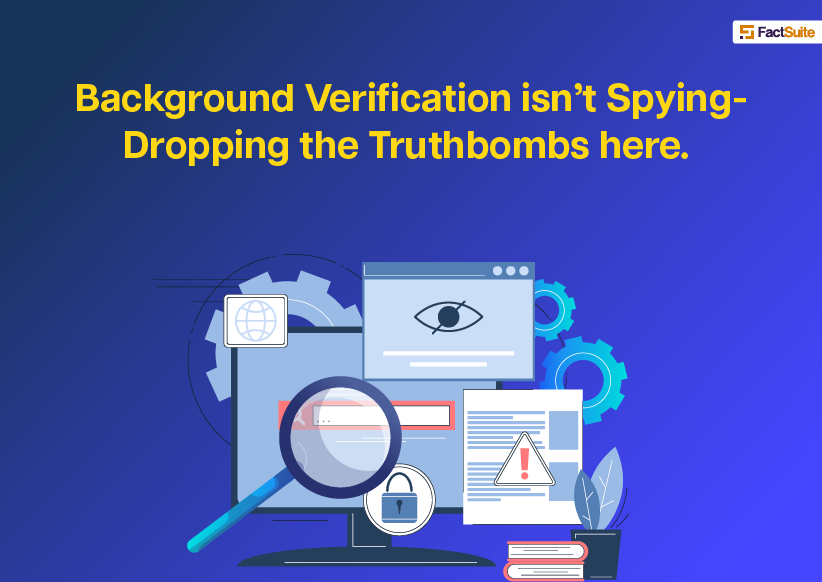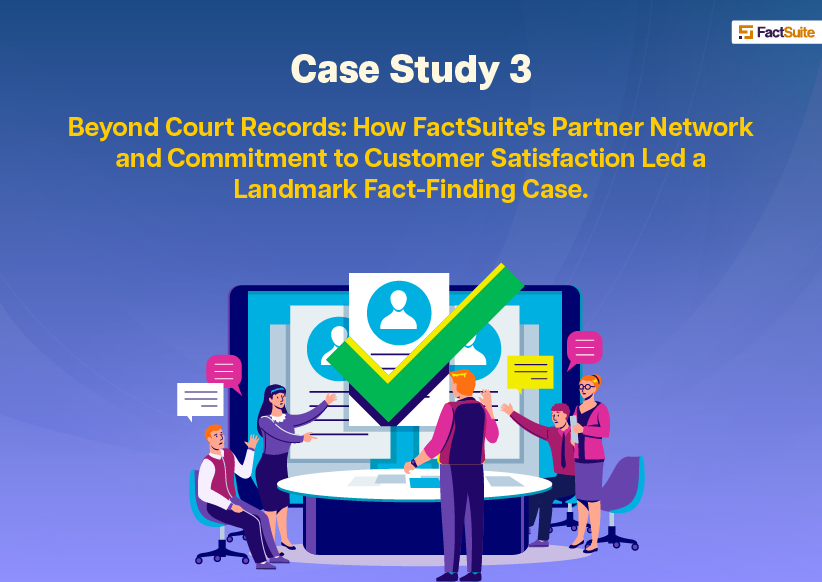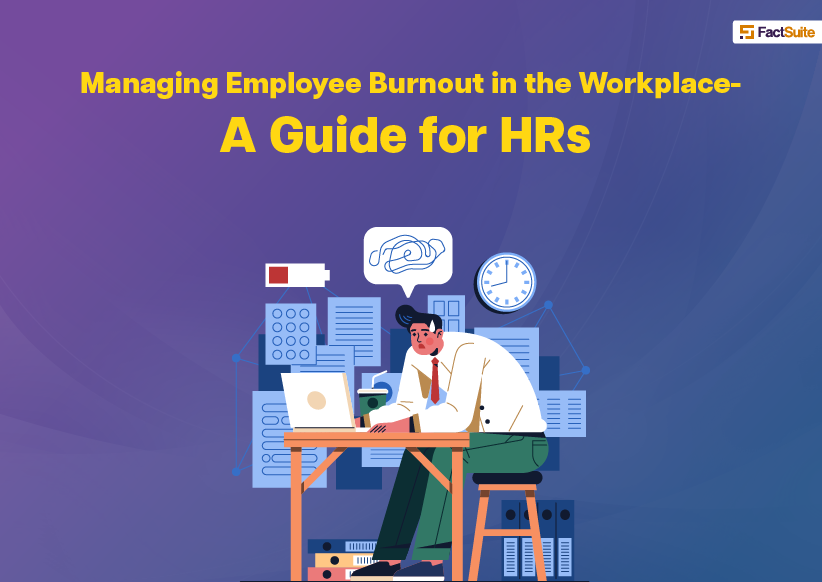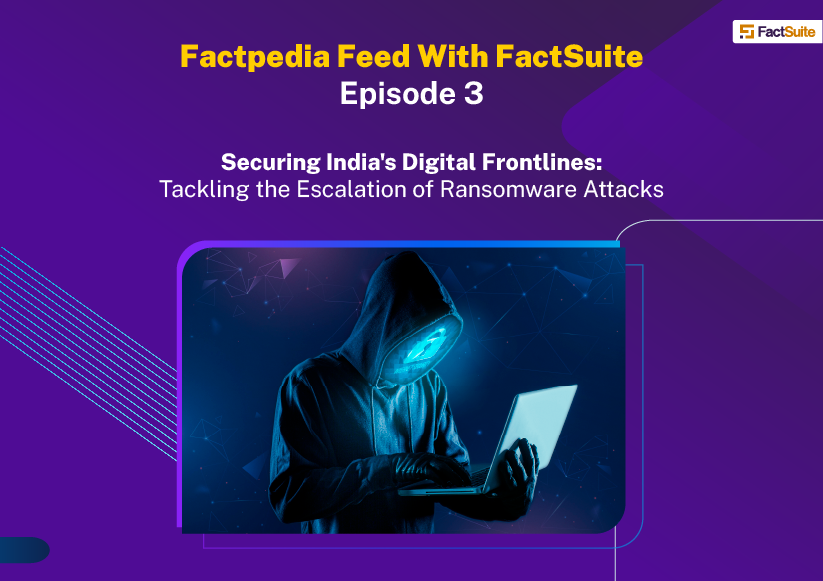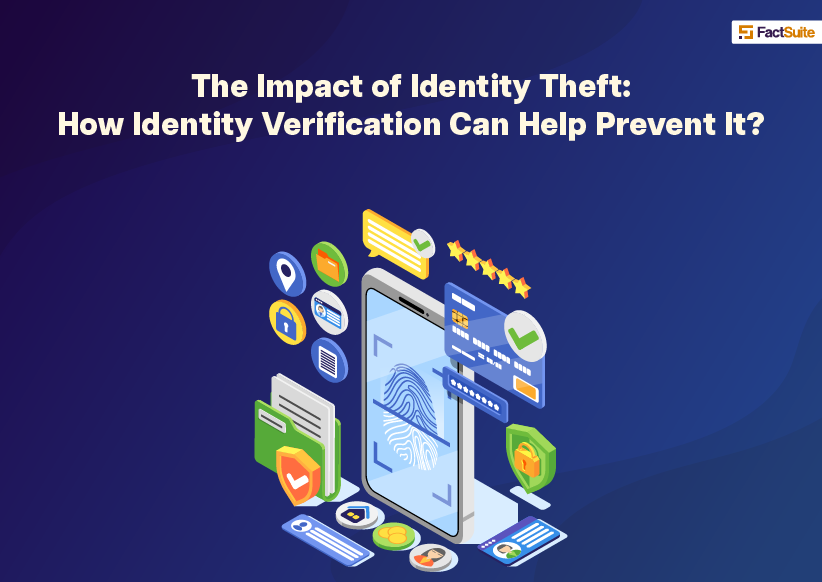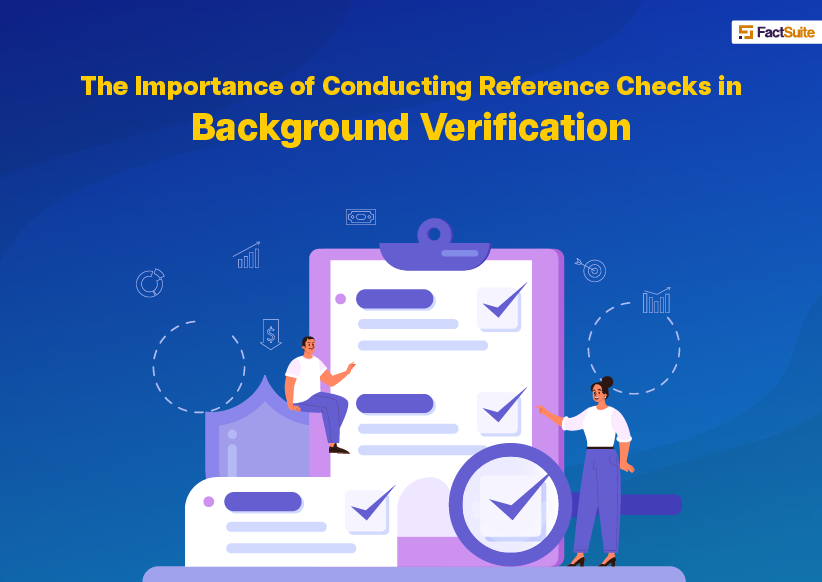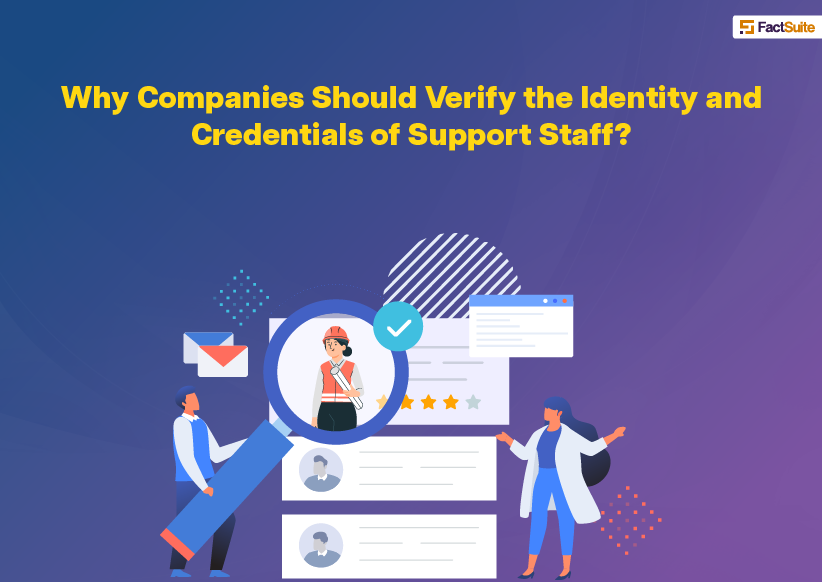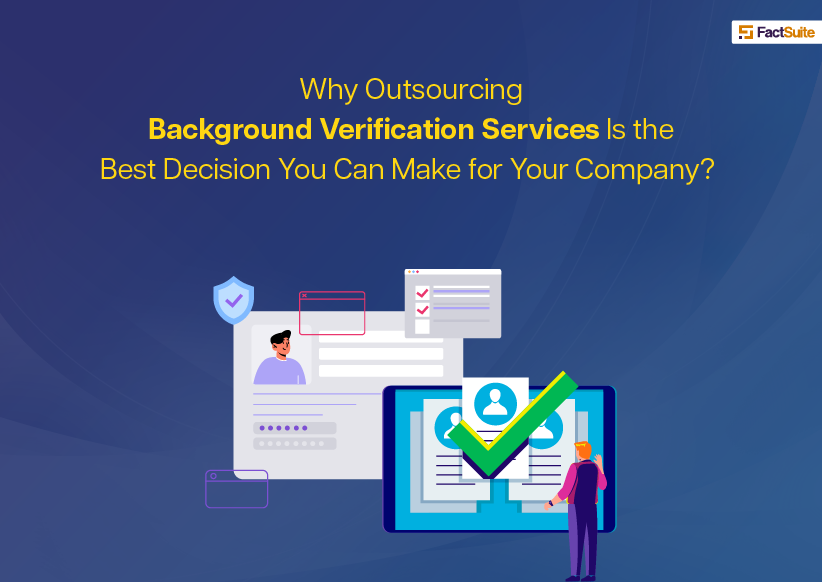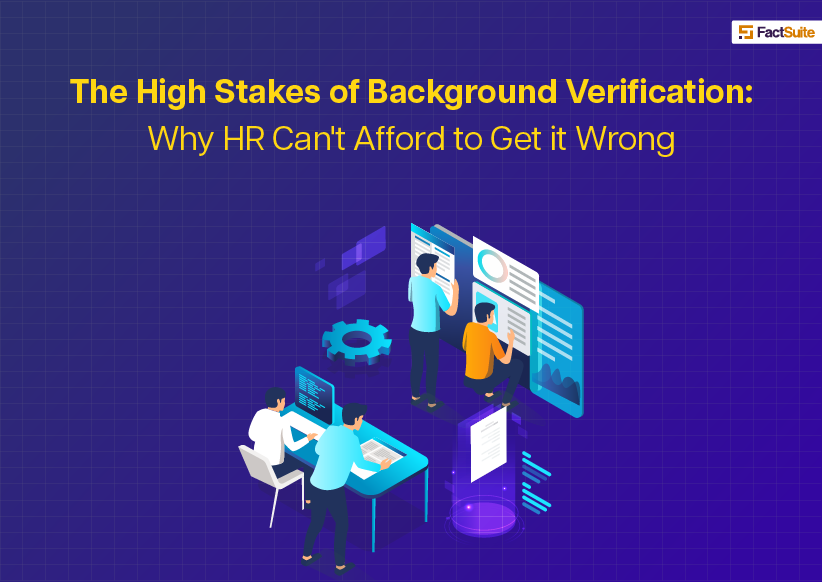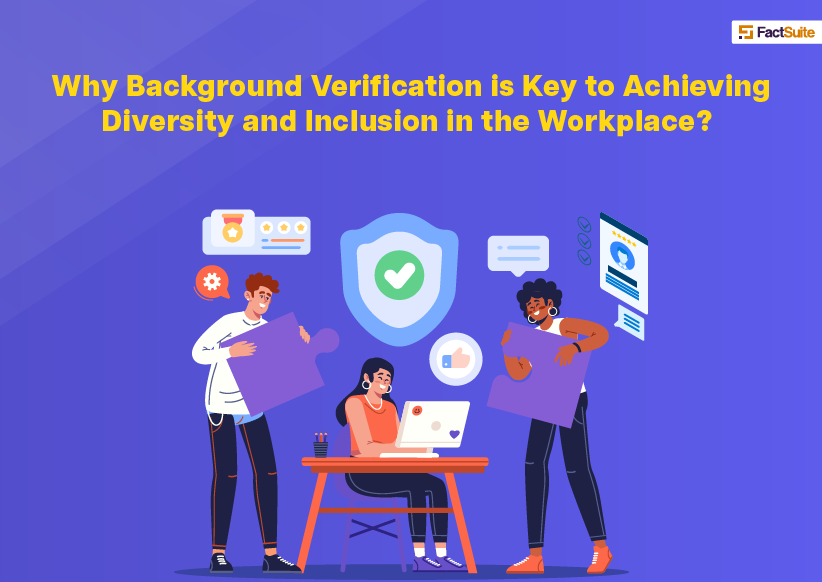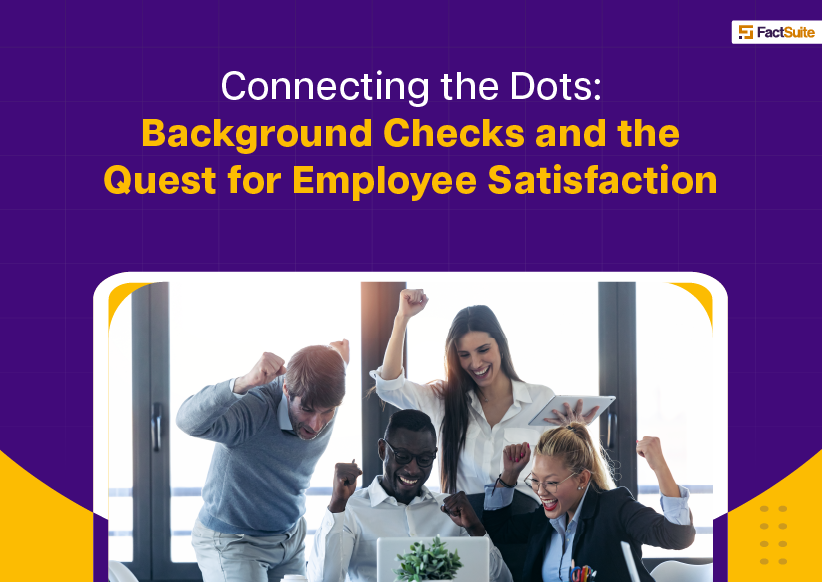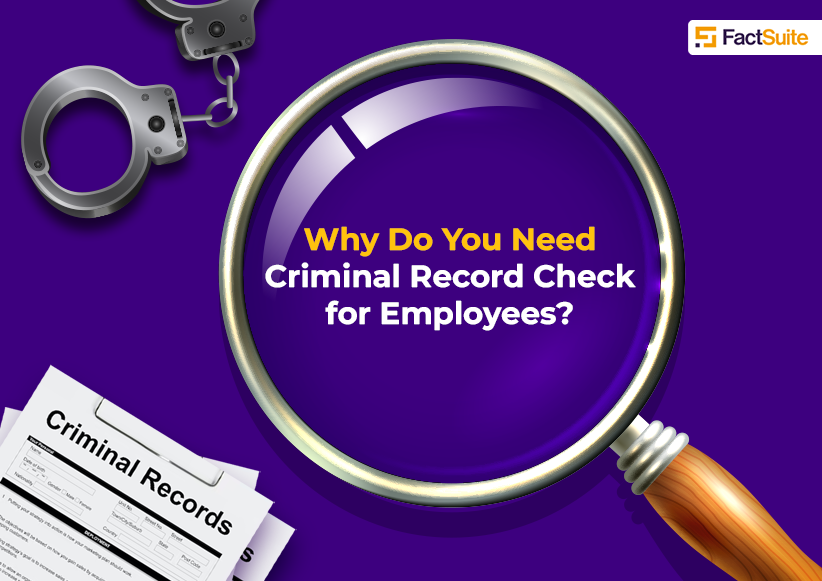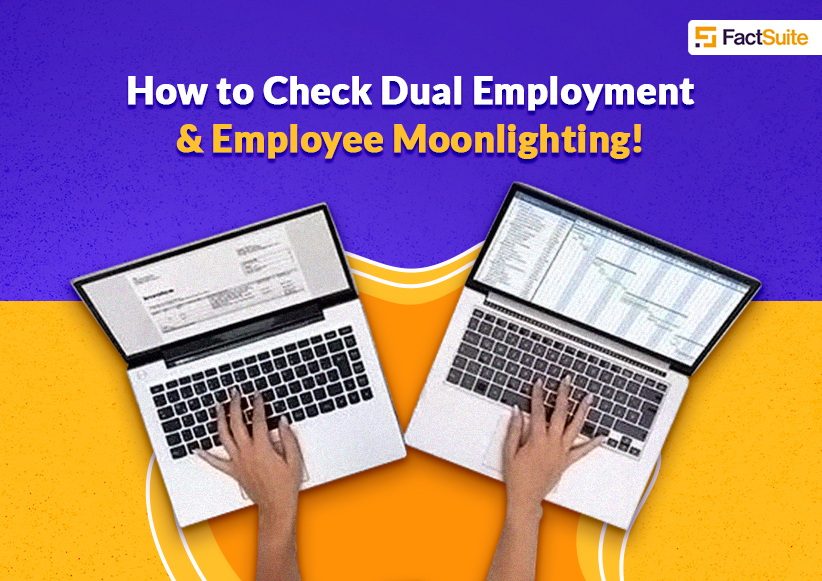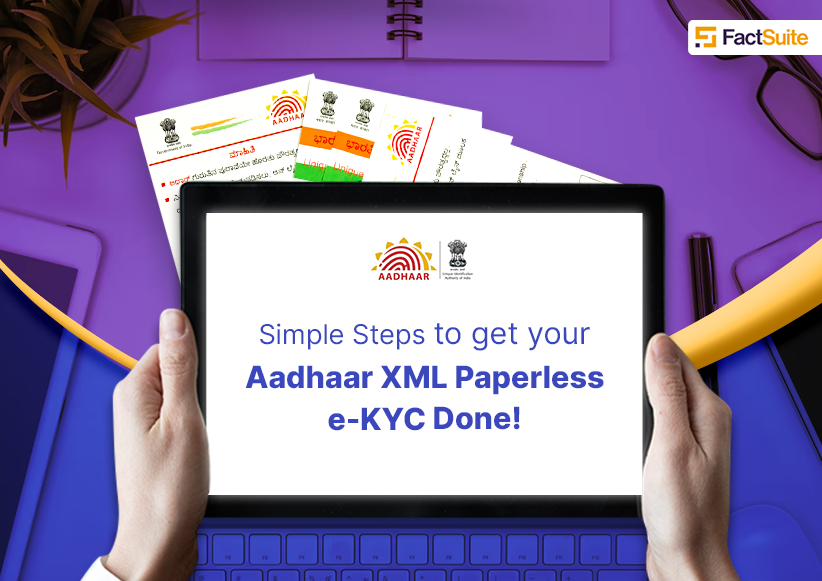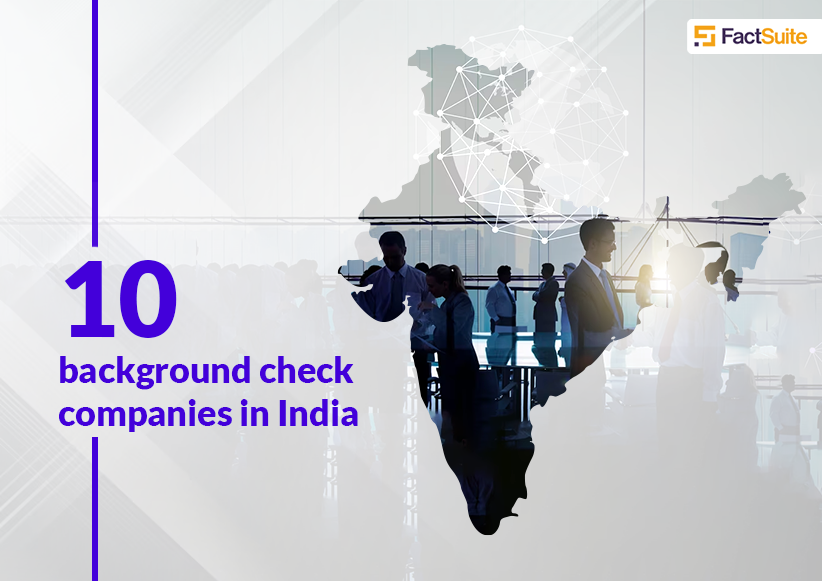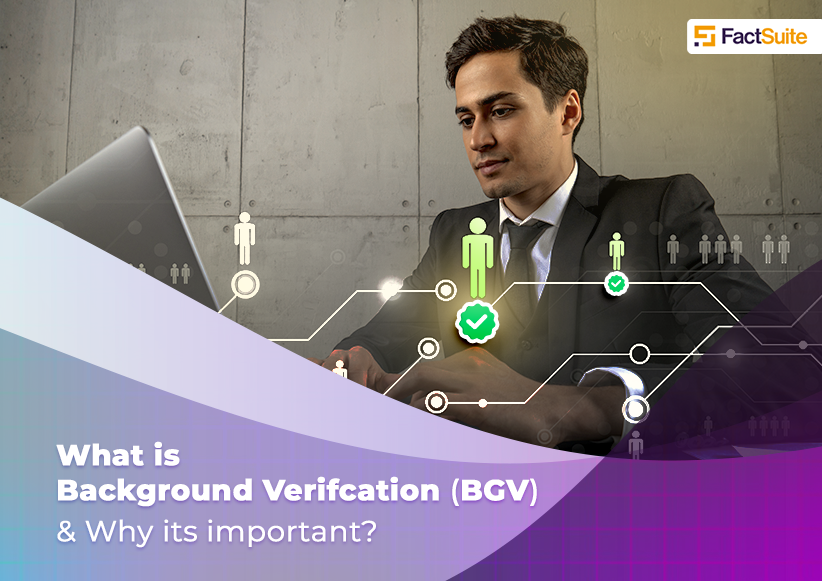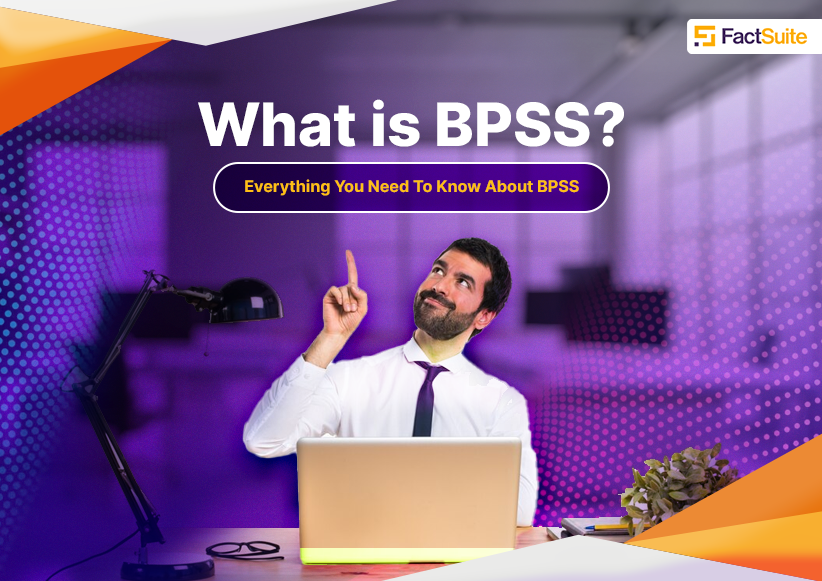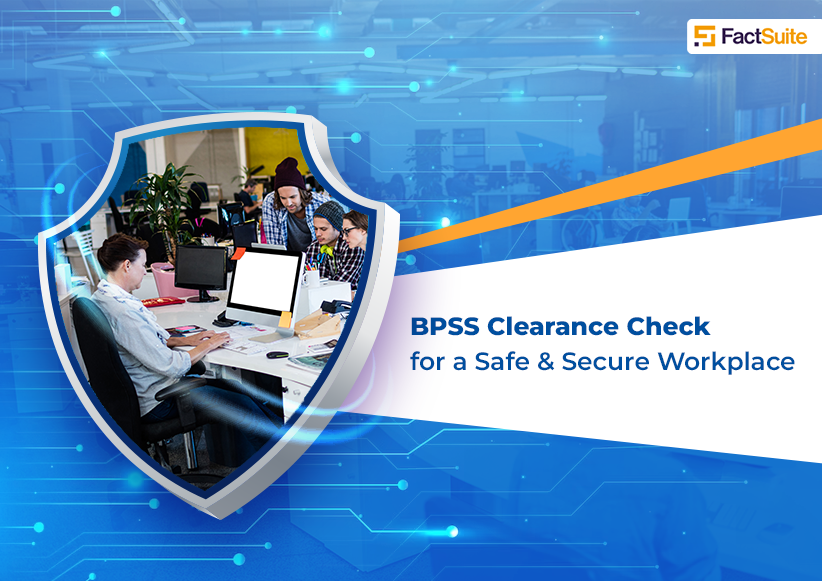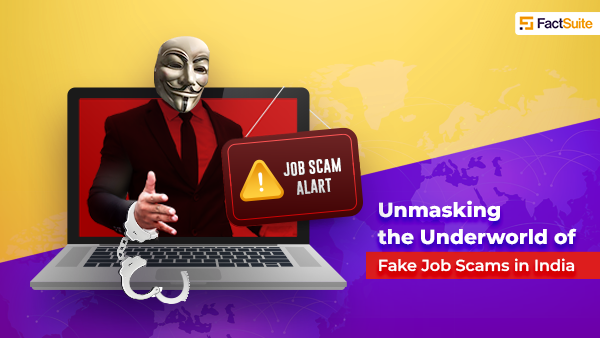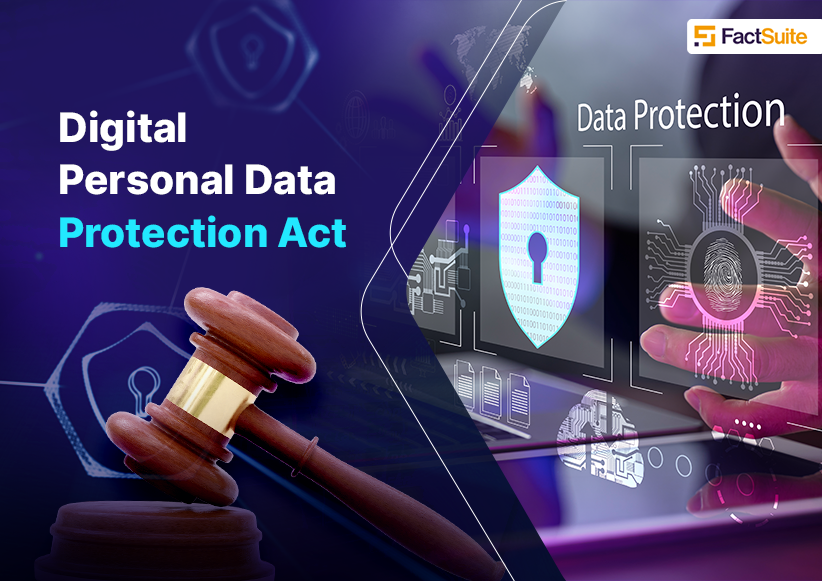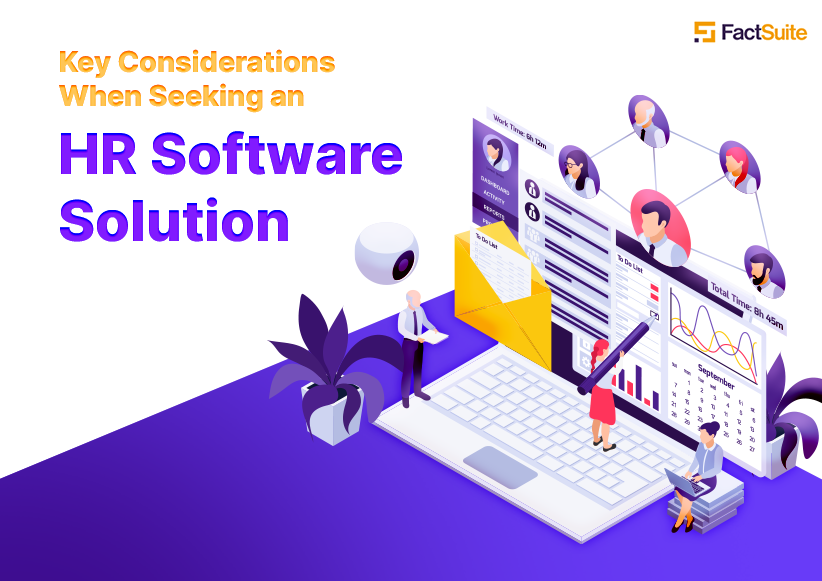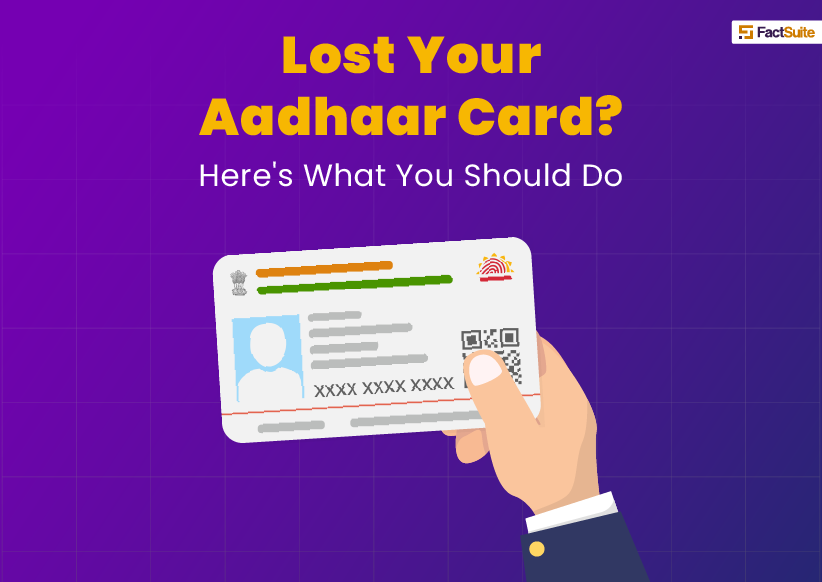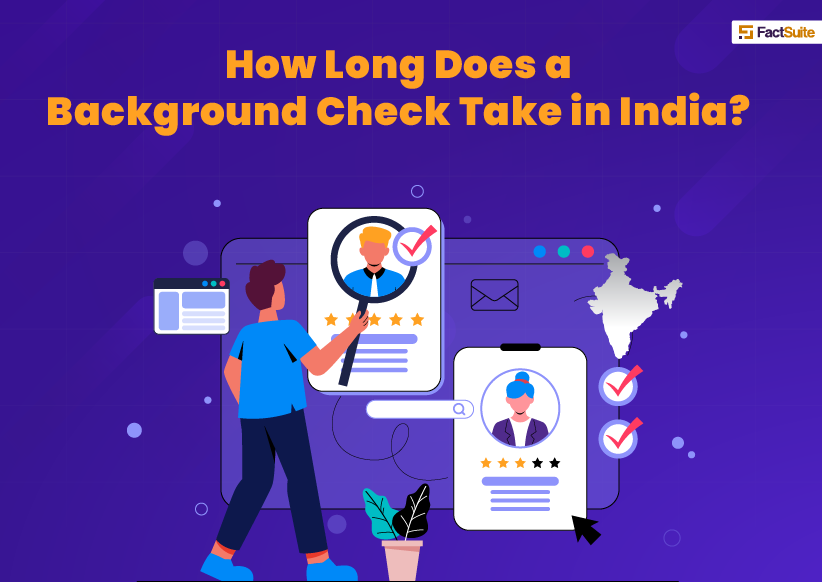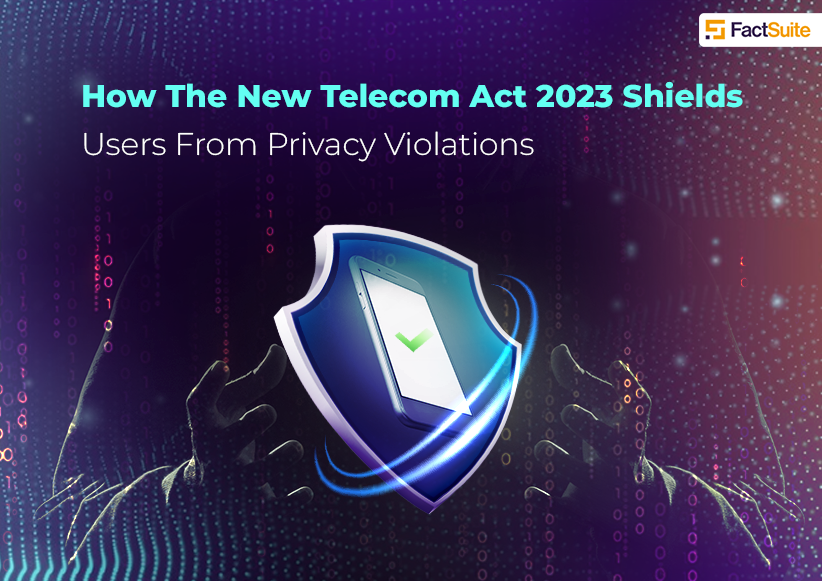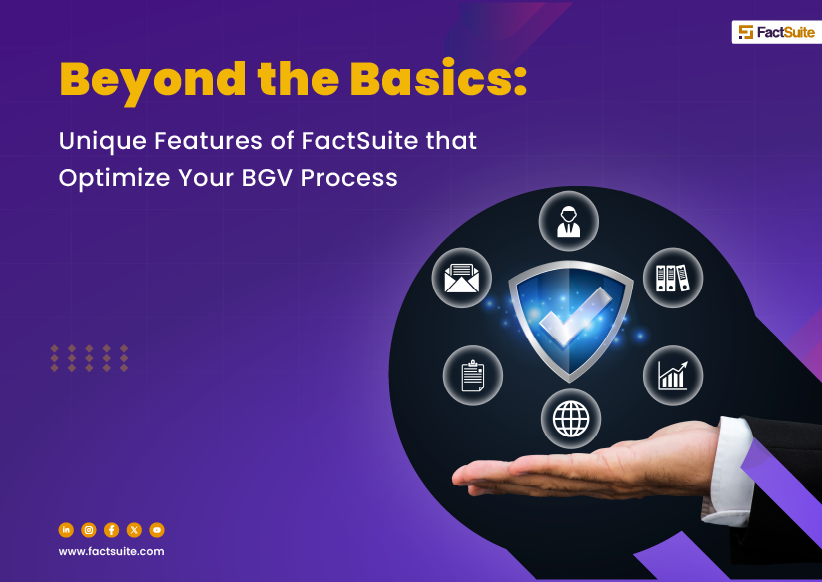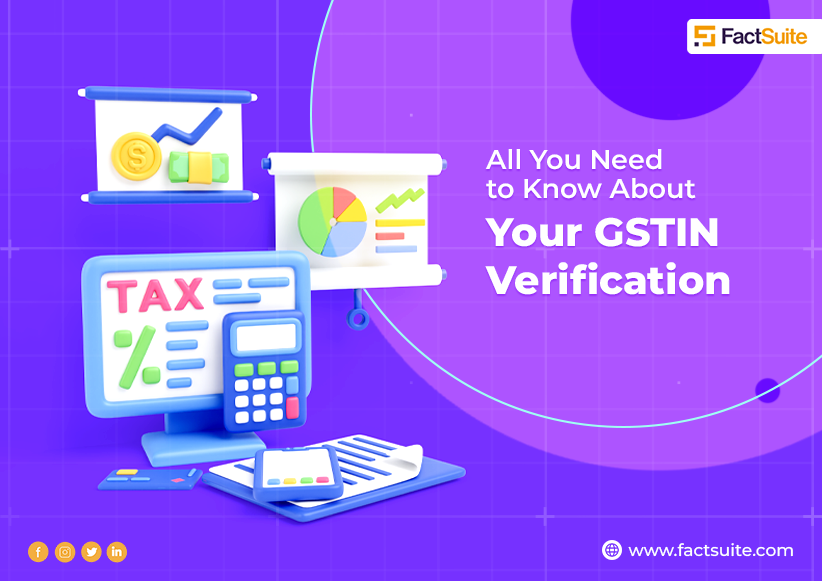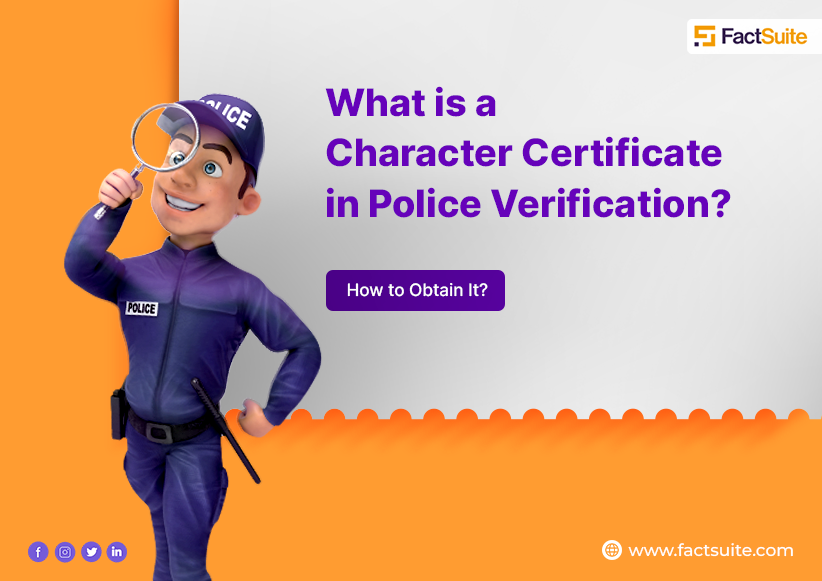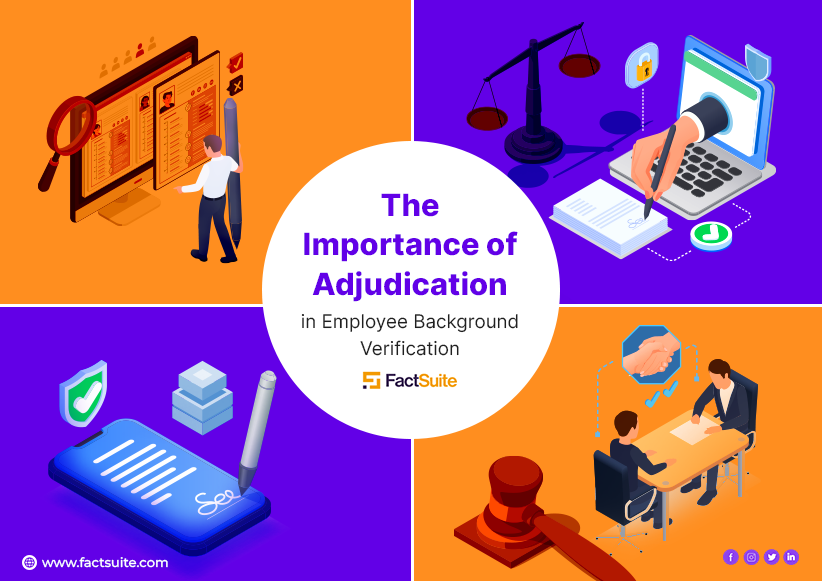Pan Card Misuse: How to Avoid Pan Card Frauds?
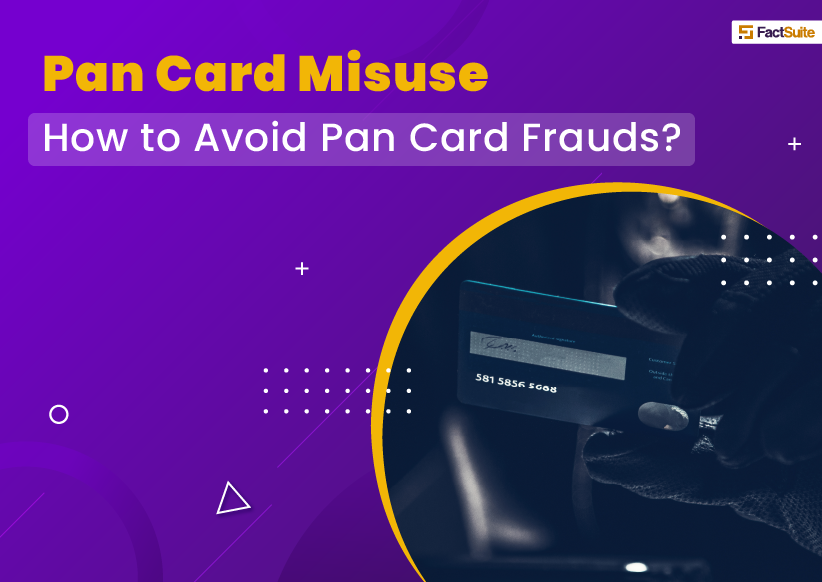
Your PAN card is an essential identification/ financial document in India. If you’re also wondering “can someone misuse my pan card", this blog will help you understand how to avoid pan card frauds, protect it from misuse and ways to keep your PAN card information secured.
Table of Contents
- How to Check PAN Card Fraud?
- Scrutinize Your Financial Accounts
- Track Your Credit Score
- Analyse Form 26AS
- Check the Government e-filing Portal
- How to Protect Your PAN Card Information?
- Practice Limited Sharing
- Stay Vigilant about Data Leaks
- Recognize Red Flags
- Is it Safe to Reveal PAN Card Number?
- Safe to Share
- Proceed with Caution
- Avoid Sharing
- How to Avoid Pan Card Fraud
- Fortify Your Passwords
- Outsmart Phishing Scams
- Secure Online Transactions
- Additional Tips
- What to do if someone misuses my PAN card
- Report Immediately
- Inform Credit Bureaus
- Rectify Financial Impact
How to check PAN Card Fraud?
Early detection is key to minimizing the damage from PAN card misuse. Right here are a few powerful approaches to check for suspicious interests and avoid misuse of PAN card and PAN card frauds in India:
1. Scrutinize Your Financial Accounts:
Bank Statements: Assess your financial institution statements thoroughly, looking for:
- Unexpected Transactions: Pay close attention to bills you did not authorize, especially look for strange recipients or unexpected services.
- Unusual Interest: Be alert for changes on your account balance, standing orders, or linked beneficiaries you did not initiate.
Credit Card Payments: In addition, scan your credit card score and bills for:
- Unauthorized Charges: Watch out for purchases you didn’t make, irrespective of the amount. Even small, recurring expenses may point to ongoing fraud.
- Credit Score Inquiries: New credit inquiries for your report can indicate someone trying to open accounts by your name.
Funding Reviews: Monitor your investment debts for:
- Unapproved Trades: Be wary of any buying or selling- any trade you didn't authorize, even though it appears profitable.
- Account Adjustments: Check for any changes in your investment profile, beneficiary details, or withdrawal instructions.
2. Track your Credit Score:
Get yourself a Yearly Credit Report: You can get the report from credit bureaus like CIBIL- it is free of cost.
Analyze the Report: Look for:
- New loans or Strains of Credit: If you see any credit accounts you did not open, it is a red flag for PAN misuse.
- Hard Inquiries: More than one hard inquiry in a quick duration ought to imply a person applying for credit in your name.
- Defaults: Unfamiliar defaults or delinquencies in your reports are a serious signal of potential fraud.
3. Examine form 26AS:
- Form 26AS: This annual tax file details your income tax deductions and TDS (tax deducted at supply) claims.
- Assessment for discrepancies: Look for income sources you haven't declared, as they could suggest a person the use of your PAN for tax evasion.
- Evaluate with ITR: Match the income information in form 26AS together with your Income Tax Return (ITR) to ensure that it is accurate.
4. Check the Government e-filing Portal:
- Go to the Income Tax Department's e-filing portal.
- Review your tax return history. Look for any ITRs that were submitted under your PAN without your knowledge.
- Report suspicious activity: Report any unauthorized returns to the department immediately.
Remember:
- Report suspicious activity to authorities and financial institutions right away.
- Remain vigilant: Regularly checking your accounts and credit score is essential for early detection of pan card frauds in India.
- Consider implementing extra security measures: Credit freezes or two-factor authentication may be appropriate for your risk profile.
How to Protect Your PAN Card Information?
Your PAN card is like your financial fingerprint, so safeguarding its records is important to avoid misuse of pan card. Here's how you can keep it safe:
1. Exercise Limited Sharing:
Know the authorized entities: Only share your PAN card information with agencies legally allowed to gather the document, such as:
- Banks and economic institutions for account starting, KYC, and loan packages.
- Income Tax authorities for wireless returns and claiming deductions.
- SEBI-registered investment structures for mutual budget, bonds, and stock investments.
- Government organizations as detailed via law (e.g., assets registration).
Keep away from unnecessary disclosure: Do not share your PAN on social media, public forums, or unverified websites. Treat it like private data to best avoid misuse of PAN card.
Double-check Before Sharing: Whilst requested for your PAN, continually inquire about the motive and confirm the entity's legitimacy before sharing. The answer to ‘can someone misuse my PANcard’ is an absolute yes, so always be wary.
2. Stay Vigilant about Data Leaks:
- Be Informed: Keep yourself up-to-date about data breaches affecting organizations you share your PAN with. Check news reviews and notifications.
- Exchange Passwords Promptly: If an information breach occurs at an organization where you have an account, change your login credentials promptly, in particular the password related to your PAN.
- Consider a Credit Score Freeze: If you experience a major data breach or suspect compromise, consider freezing your credit temporarily to prevent unauthorized credit applications using your PAN.
3. Recognize Red Flags:
- Question unusual requests: Be wary of requests in your PAN for unrelated purposes, like fortunate draws, online surveys, or telemarketing giveaways. Legitimate entities hardly ever require your PAN for such sports.
- Beware of Phishing Scams: Do not click on suspicious hyperlinks or open attachments in emails or messages claiming to be from the government or economic institutions asking for your PAN. Confirm the sender and website’s legitimacy before responding.
- Double-check Documentation: While supplying photocopies of your PAN card, self-attest them by writing the date, reason for submission, and signing throughout the reproduction. This helps deter misuse.
Consider:
- Know-how is Crucial: Teach yourself about the dangers of PAN misuse and best-practices for PAN card security.
- Be proactive: Do not wait for a data breach to occur, instead, put into effect those protecting measures proactively.
- Stay vigilant: Regularly assess your financial statements and credit reports for suspicious activity.
Is it Safe to Reveal PAN Card Number?
Understanding when and where to share your PAN card is crucial in today’s digital age. Here is a breakdown of safe and unsafe eventualities:
1. Safe to Share:
- Income Tax Returns (ITRs): Filing and claiming deductions is mandatory. Share it with the Income Tax Department or an authorized e-filing portal.
- Bank KYC (Know Your Customer) is necessary for creating bank accounts, updating KYC information, and accessing certain financial services. Share it only with authorized bank agents or internet sites.
- Invest in mutual funds, bonds, and stocks through SEBI-registered platforms. Before sharing, ensure that the platform is legitimate, and that data is secure.
2. Proceed with Caution:
- Loan Programs: Often required for mortgage programs but double-check the business enterprise's legitimacy and information safety practices. Ask about alternate verification methods if feasible. Research on the organization's reputation and online reviews before proceeding.
- Insurance Policies: On occasions, PAN is required for getting insurance policies, but be careful with online portals. Verify the portal's association with the insurance agency and data-security features. Keep in mind, offline alternatives if available.
3. Avoid Sharing:
- Online Transactions: Generally, do not share your PAN for online purchases or payments. Many platforms include alternate verification techniques, such as OTPs and CVVs. Only share your PAN with reputable websites that use secure connections.
- Be cautious of demands for your PAN for unrelated purposes, such as fortunate draws, surveys, or telemarketing calls. Legitimate entities rarely demand your PAN for such transactions. Never divulge your PAN due to unwanted demands.
Remember:
- Only reveal your PAN with authorised entities and for legal purposes. Also, verify the credibility of companies and platforms before disclosing your PAN.
- Use secure (https://) connections and prevent sharing on public Wi-Fi.
- Use alternate verification methods if available.
- Stay up to date on data breaches and take precautions to secure your personal information.
Following these suggestions allows you to make informed judgements about sharing your PAN card number while reducing the risk of misuse. Remember, you are in control of your financial security!
How to Avoid Pan Card Fraud
Protecting your PAN is certainly beyond just no longer sharing it. Here are proactive steps to construct sturdy defenses in opposition to fraud:
1. Fortify Your Passwords:
- Specialty is key: Keep away from using the same password for more than one financial account. Every account needs to have a completely unique, complex password.
- Complexity is Crucial: Choose passwords with a mix of uppercase and lowercase letters, numbers, and symbols. Avoid effortlessly guessable passwords like your name, birthdate, or puppy's name.
- Password managers are your friends: Do not forget the use of a password manager to generate and save sturdy, safe passwords for all your accounts.
2. Outsmart Phishing Scams:
Suspicious signs: Be cautious of emails, texts, or calls that:
- Create a feel of urgency or strain to act right now.
- Provide unrealistic rewards or offers.
- Incorporate grammatical mistakes or terrible formatting.
- Deal with you generically rather than by way of your name.
Do not Click Suspicious Hyperlinks: At any cost, do not click on hyperlinks or attachments that come to you from unknown sources, in unsolicited messages.
Always Check Website Legitimacy: Before putting your personal information on a website, be sure it is safe and that it is the official website of the organization it is representing.
3. Secure Online Transactions:
HTTPS is your shield: Most effective transact on websites with "https://" inside the cope with bar, indicating a secure connection encrypted to shield your records.
Tested Payment Gateways: Use relied-on price gateways for online transactions. Look for trademarks of authentic providers like PayPal.
Avoid public Wi-Fi: These networks are frequently unprotected. Avoid engaging in financial activities or accessing sensitive information while linked to them.
4. Additional Tips:
- Enable two-factor authentication (2FA): When possible, enable 2FA for your financial accounts and internet platforms. This provides protection by putting-in-place, a second verification code in addition to your password.
- Beware of social engineering. Be wary of people or organizations attempting to trick you into disclosing personal information, especially your PAN. Be sceptical and double-check any requests before replying.
- Keep software up to date. Update your operating system, web browser, and security software on a regular basis to avoid hackers from exploiting it.
What to Do If Someone Misuses My PAN Card
Learning when and how to report misuse of PAN card is critical.
1. Report Immediately:
- Income Tax Department: File a complaint online at the e-filing portal under "Grievance redressal." Provide details like your PAN, nature of misuse, and suspected entity.
- Local Police Station: File a FIR at your local police station where you share details of the misuse and any supporting evidence.
2. Inform Credit Bureaus:
- Alert CIBIL and other credit bureaus: Contact them to flag your PAN and dispute any unauthorized credit activity. They can place an alert on your report to prevent further misuse.
- Freeze your credit (optional): Consider a temporary credit freeze to prevent new credit applications using your PAN while you resolve the issue.
3. Rectify Financial Impact:
- Contact banks and financial institutions: Inform them about the misuse and request to reverse fraudulent transactions. Provide copies of your complaint and FIR.
- Update PAN details: Ensure your PAN details are updated across all your accounts to reflect any changes due to the misuse.
As we come to the end of this blog, we hope that this provided information with help you to stay more informed, understand how to report misuse of PAN card and you can well protect yourself from PAN card misuse.

